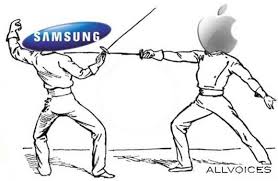More disruption to the business model of television. Check out this quote:
“Meanwhile, the paid TV industry has been reeling from the impact of subscribers defecting in favor of piecing together their own viewing options with streaming services and devices like Netflix, Hulu, Amazon Prime, Apple TV and Roku. Last year alone, an estimated 687,000 cable subscribers canceled their accounts, according to Craig Moffett and Michael Nathanson, the eponymous Wall Street veterans at MoffettNathanson research firm in Manhattan. All of 2013, they said in a report last year, amounted to the worst 12-month stretch in the paid television industry they had ever seen.”
http://www.nj.com/business/index.ssf/2014/04/comcast_launches_streaming_dvr_service_in_nj.html

